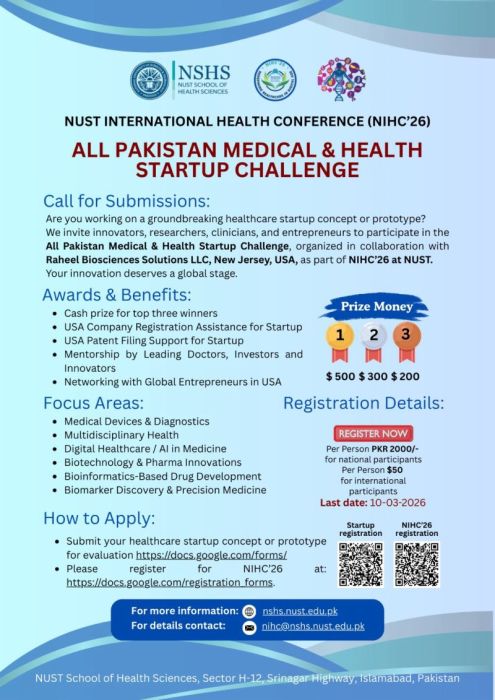TB Turns to Inherited Disease, Find Out, how?
Posted 8 months ago
In an elegant study related to understanding how our bodies fight tuberculosis (TB), scientists have uncovered a rare genetic flaw that leaves some people vulnerable to the disease, even when they seem otherwise healthy. The study, published in Science Immunology, reveals that a defect in a gene called LY9 can quietly compromise the immune system's ability to fend off Mycobacterium tuberculosis, the bacterium behind TB.
TB remains one of the world's deadliest infectious diseases, killing over 1.6 million people each year. While most people infected with the TB germ don't fall ill, a small number do develop life-threatening symptoms. This mystery has puzzled doctors for decades.
Now, an international team led by Dr. Yu-Lung Ogishi has found that three unrelated individuals with severe TB shared an extremely rare mutation in the LY9 gene. This defect interferes with the body's ability to produce interferon-gamma (IFN-γ), a key immune chemical that helps white blood cells kill TB bacteria.
A Key Player in the Immune Orchestra
Our immune system relies on a special group of white blood cells called CD4+ T cells to control TB. Among these, a subtype known as TH1* cells plays a starring role. These memory T cells are especially good at recognizing TB bacteria and releasing IFN-γ to activate the body's macrophages, the bacteria-eating cells.
The LY9 gene acts like a switch, helping naïve T cells mature into TH1* cells. However, in individuals with a defective LY9 gene, this switch doesn't function properly. As a result, their T cells can't mount a strong IFN-γ response, and the TB bacteria get a free pass.
What Makes This Discovery Different?
Most people who get sick from TB are either very young, very old, or have weakened immune systems. However, the three individuals in this study did not have any of those risk factors. That's what prompted doctors to dig deeper.
By running genetic tests, the researchers discovered that all three had inherited two faulty copies of the LY9 gene, one from each parent. This condition, known as autosomal recessive inheritance, is extremely rare. It's estimated to affect fewer than one in 100,000 people.
Implications for TB Prevention and Treatment
This discovery adds LY9 to a growing list of genes that affect our ability to fight mycobacterial diseases. Others include genes such as IFNGR1, IL12RB1, and TYK2, which also regulate the IFN-γ pathway.
Understanding these genetic defects could lead to more personalized approaches to TB care. For example, doctors could screen patients with unexplained TB for immune weaknesses and possibly offer targeted treatments, such as IFN-γ therapy, which has shown success in boosting the immune response.
It also helps explain why some people get very sick from TB while others never show symptoms, even when exposed to the same bacteria.
A Rare Defect, A Global Impact
While LY9-related TB may be rare, its discovery adds another piece to the complex puzzle of TB immunity. The researchers hope that their work will lead to the development of new diagnostic tools and a deeper understanding of how genetics influences the immune system.
"We now know that even a single genetic typo can make a big difference in how our bodies handle infection," said Dr. Ogishi. "This helps us not only fight TB more effectively but also rethink how we approach infectious diseases as a whole."
Additional Reading
Human LY9 governs CD4+ T cell IFN-γ immunity to Mycobacterium tuberculosis | Science Immunology





